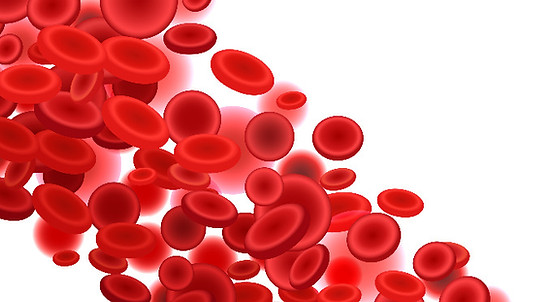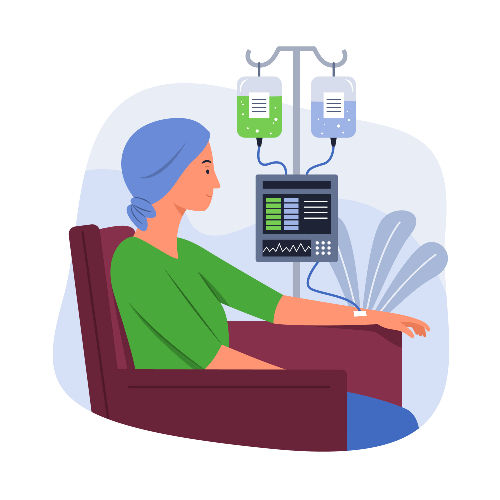Anaemia in Pregnancy: A Hidden Risk for Autism?
- drhabiba kamarul
- Aug 17, 2025
- 2 min read
One of my patients recently experienced a remarkable improvement in her haemoglobin (Hb) after just two weeks of intravenous (IV) iron infusion. She felt energetic, alert, and radiant — a vitality she hadn’t felt since her early 20s.
As I explained how iron supports brain function and alertness, she asked me a question that stopped me in my tracks: “Does anaemia cause autism? My son has autism, and I was severely anaemic during pregnancy. I couldn’t tolerate oral iron. I’ve always wondered if I caused it.” A sudden sadness struck a face.
As an adult haematologist, I had never considered autism within the scope of my field. But with the power of AI and easy access to research, I quickly discovered studies addressing this very concern.
In 2019, researchers at the Karolinska Institutet, Sweden, analysed over 532,000 children and 299,000 mothers. They investigated whether the timing of an anaemia diagnosis during pregnancy affected neurodevelopmental outcomes.
Their findings, published in JAMA Psychiatry, revealed that:
Mothers diagnosed with anaemia at or before the 30th week of pregnancy had children with a higher risk of autism, ADHD, and intellectual disability.
Mothers diagnosed later in pregnancy, or not at all, did not show the same increased risk.
This insight is striking — and sobering. Like many of my colleagues, I had never linked autism with maternal anaemia. Yet the evidence suggests we may need to view anaemia during pregnancy far more seriously.
My patient’s history reflects a common reality: frequent blood donation in her 20s, heavy menstrual periods, poor tolerance to oral iron, and first pregnancy in her late 30s. These factors combined to leave her vulnerable — like so many modern women.
The lesson is clear: anaemia is not just a number on a blood test. It may carry long-term consequences for both mother and child. Addressing it proactively, especially in pregnancy, might not only improve a mother’s quality of life but also help reduce risks to her child’s neurodevelopment.
It’s time we shift the way we think about anaemia — from a “minor issue” to a condition that deserves vigilance, early detection, and effective treatment.
Dr. Habiba Kamarul Consultant Haematologist KPJ Selangor Specialist Hospital








Comments